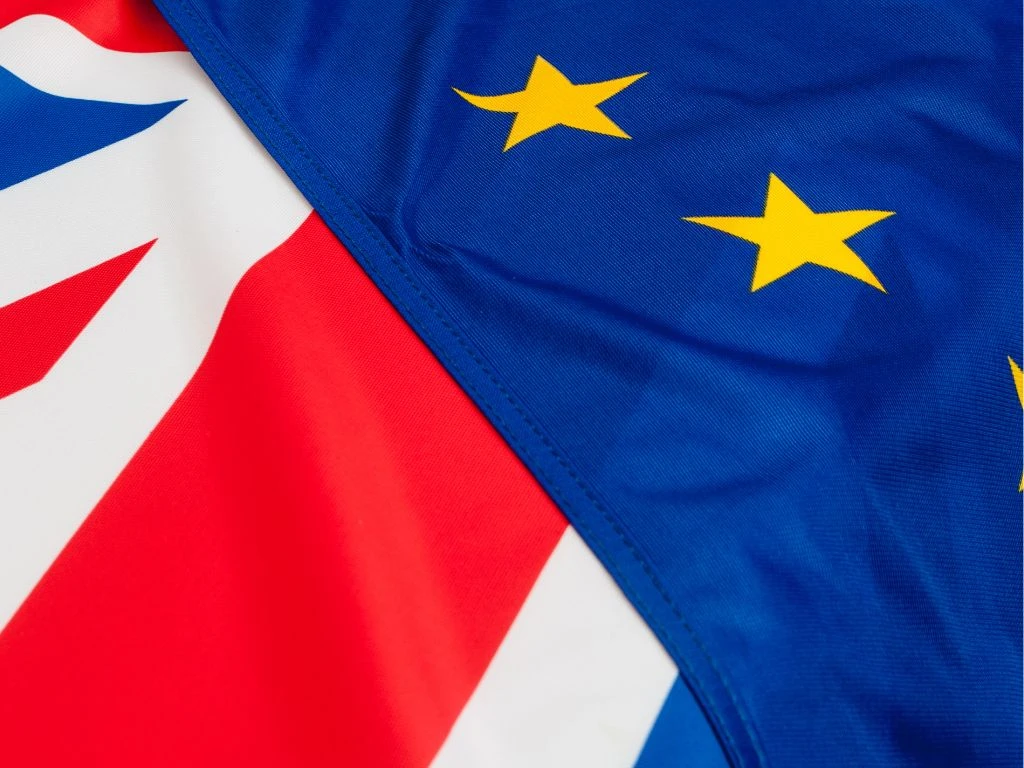
News

Feb-26-2026
On 24 February 2026, the UK government published a new policy paper outlining its updated approach to the UK REACH Candidate List of Substances of Very High Concern (SVHCs). This new...
Read More
Feb-19-2026
On 12 February 2026, the Health and Safety Executive (HSE) published its response to the 2025 consultation on proposed reforms to Great Britain’s chemicals legislation. The consultation, which ran from 23...
Read MoreIf you want to access the GHS report, please Register here in GPC Intelligence Portal click here
